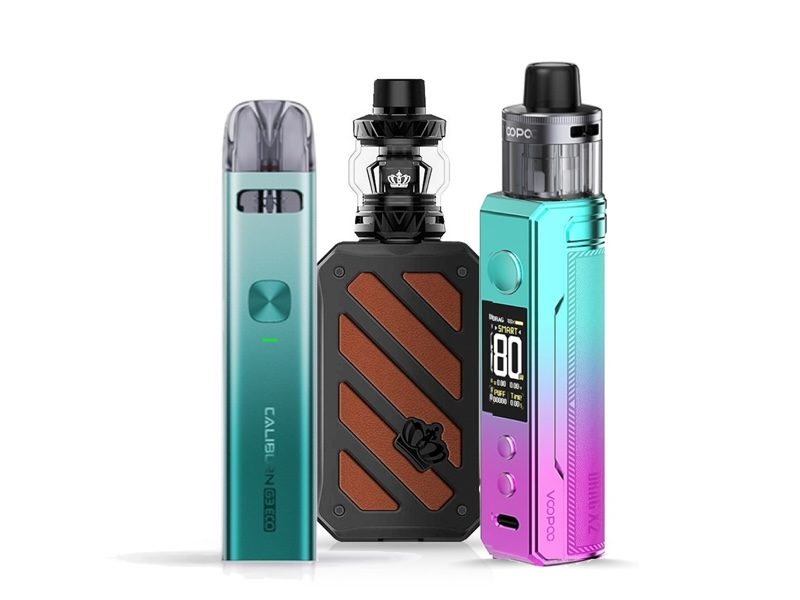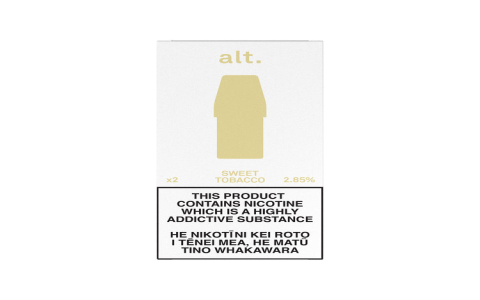Electronic cigarettes, commonly known as vapes, are regulated in New Zealand to balance supporting smokers to switch to a less harmful alternative while protecting non-smokers and young people.
Regulatory Framework
The Smokefree Environments and Regulated Products (Vaping) Amendment Act 2020 provides the primary legal framework for vaping products in New Zealand. Key regulations include:

- Age Restriction: The sale of vaping products to individuals under 18 years of age is prohibited.
- Sales Channels: Nicotine vaping products can be sold by approved specialist vape retailers (SVRs) and some pharmacies. General retailers (e.g., dairies, supermarkets, service stations) are subject to stricter rules regarding the types of products and flavours they can sell. From August 2024, general retailers will only be permitted to sell mint, menthol, and tobacco flavoured vaping products.
- Product Safety: Regulations are in place for product safety, including maximum nicotine strengths (e.g., 28.5mg/mL for freebase nicotine in ready-to-use e-liquids, and 50mg/mL for nicotine salts when sold by SVRs, with lower limits for general retailers), packaging requirements, and child safety mechanisms. New regulations from March 2024 mandate that all new vaping devices must have removable batteries and child-resistant features.
- Flavour Restrictions: Beyond the general retailer restrictions, disposable vapes are also limited to tobacco, mint, or menthol flavours only. Descriptive flavour names that might appeal to youth are banned.
- Advertising and Promotion: Strict rules govern the advertising, sponsorship, and promotion of vaping products to minimise appeal to young people.
- Smokefree Environments: Vaping is prohibited in legislated smokefree areas, similar to smoking tobacco. This includes indoor workplaces, schools, early childhood education centres, and on public transport.
Product Availability and Types
A variety of electronic cigarette devices and e-liquids are available in New Zealand, though product ranges are evolving with new regulations.
- Devices: These include disposable vapes (single-use), pre-filled pod systems (rechargeable battery, disposable pods), and reusable, refillable devices like vape pens and more advanced “mod” systems that offer greater customisation of power and vapour output.
- E-liquids: E-liquids (vape juice) are available in various nicotine strengths, including nicotine-free options. They contain propylene glycol (PG), vegetable glycerin (VG), flavourings, and optionally, nicotine. The type of nicotine (e.g., nicotine salts for a smoother inhale at higher strengths, or freebase nicotine) can also vary.
Health Considerations
The New Zealand Ministry of Health views vaping products as a tool that can help smokers quit tobacco cigarettes, acknowledging that vaping is significantly less harmful than smoking combustible tobacco. This is primarily because vaping does not involve the combustion process, which produces the vast majority of harmful toxicants found in tobacco smoke.
However, vaping is not risk-free and is not recommended for non-smokers, particularly young people. The long-term health effects of vaping are still being researched, and nicotine is a highly addictive substance. The official advice is that if you don’t smoke, don’t vape. For smokers, switching completely to vaping is a less harmful option, with the ultimate goal being to quit all nicotine products.
Purchasing and Responsible Use
When purchasing vaping products, it is advisable to buy from reputable Specialist Vape Retailers. These retailers are more likely to stock compliant products and provide accurate advice on their use and maintenance.
Responsible use includes:
- Storing all vaping devices and e-liquids securely out of reach of children and pets.
- Following manufacturer instructions for device use, charging, and maintenance.
- Properly disposing of used vaping products, especially batteries. Lithium-ion batteries found in most vapes require specific recycling or disposal methods to prevent environmental harm and fire risk. Some SVRs or local councils may offer vape recycling programs.










